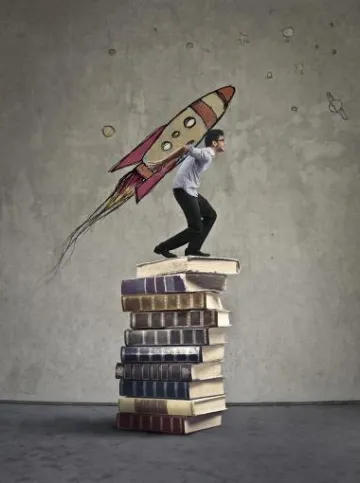February 2021
As planning moves forward on the University of Arizona’s proposed new mining and minerals school, one thing became evident in a recent progress report: It will not be business as usual, not the academic philosophy nor the future graduates and research it intends to produce to shape the future of the mineral resources industry.
The proposed program will reach across the campus and into the industry and communities to spark new ideas on mining mineral resources that are in high demand for the green economy.
“We’re at that point in civilization where we need to fundamentally rethink mineral resources,” said Mary Poulton, co-director of the UArizona’s Lowell Institute for Mineral Resources and part of the executive committee focusing on the school plan. “Mineral resources play a vital role, but we have this tremendous opportunity now to think about all of the components in that mineral resources system.”

A well-rounded graduate will know more than mining engineering
Those components include training current professionals and a future workforce in not only the technical skills, but an appreciation for economic, environmental and social impacts of mining. It includes robust research across several disciplines that can contribute to better extraction techniques, monitoring processes, miner safety and health strategies, and mitigation efforts during both active and shutdown operations.
As energy-saving technology grows—electricity-run vehicles, wind turbines, solar panels, for instance—the demand for more and varied minerals will grow. This opportunity will butt up to the concerns of communities who will be impacted. Balancing these interests is one of the guiding principles of the new school. “We talked a lot about the social impact and social licensing being a big part of this school,” said David W. Hahn, Craig M. Berge Dean of the College of Engineering and another executive committee member. “It’s absolutely baked in.”
The participation of several schools and colleges is already being practiced in the activities of the Lowell Institute for Mineral Resources and as part of the working group developing the new school. Colleges currently actively participating include Engineering, Science, Agriculture and Life Sciences, and Law.
The working group and advisers include UArizona representatives in environmental science, public health, mining engineering, hydrology, geosciences, systems and industrial engineering, and Arizona Geological Survey. That reflects how the interdisciplinary school of mining engineering and mineral resources, housed in the College of Engineering and the College of Science, will tap assets across the campus. “It’s not replacing degrees,” Poulton said. “It’s complimentary with existing degrees and it builds on the strong interdisciplinary culture that we have at UArizona.”
New school will expand partnership model
Outreach beyond the campus also will be part of the new school’s mission. Today, the Lowell Institute already works closely with industry partners to share research assets focused on real operational needs. The new school will expand that sharing of ideas, knowledge and assets by tapping government agencies, non-governmental entities, civic organizations and other universities to create a global network of experts. “We’re adding a new layer to what we’ve been doing that is a more formalized mechanism of knowledge transfer,” said Poulton. “We want to create this dynamic, holistic, integrated education experience.”
Work continues with a target of presenting a proposal to the Arizona Board of Regents in the spring.

